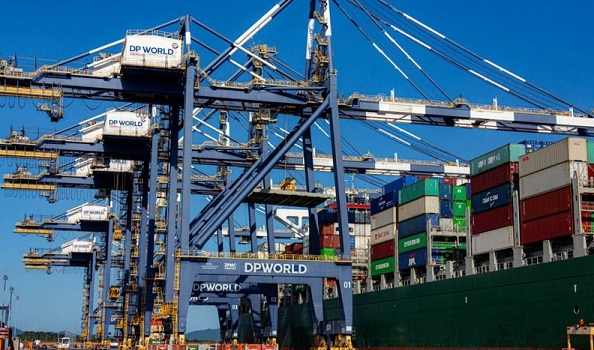
Rising costs, shipping delays, and labour shortages threaten Christmas sales.
As the holiday season approaches, toy manufacturers face unprecedented challenges in getting their products onto shelves. Delays, soaring shipping costs, and a strained labour force are testing the resilience of the $33 billion U.S. toy industry.
With Christmas just months away, Basic Fun made a tough call: leave a third of its Tonka Mighty Dump Trucks in China. Shipping costs for the iconic toy have skyrocketed, now consuming 40% of its retail price of $26—far more than the 7% it represented last year. CEO Jay Foreman admits this drastic measure was necessary.
Toy companies are battling severe supply chain issues, from container shortages to port bottlenecks. To meet demand, some firms are flying toys instead of shipping them, while others have scaled back on larger items in favour of more compact, profitable products. For instance, Basic Fun prioritised smaller, high-value toys like Mash’ems over bulkier Tonka trucks to optimise shipping costs.
The global supply chain disruptions trace back to pandemic-related factory closures and heightened demand as lockdowns eased. The situation has worsened this year, with key U.S. ports like Long Beach struggling to unload goods due to labour shortages. Shipments that once took six weeks now require up to 16, forcing retailers to refuse late deliveries.
Holiday sales are crucial for the toy industry, accounting for 70% of annual revenue. Yet, many companies fear lost sales due to delayed or unavailable stock. Despite a 17% increase in sales last year and a 40% rise in the first half of 2021, analysts predict some manufacturers will struggle to meet demand for popular items.
Retail giants like Walmart and Target, with greater resources, are chartering their own ships to ensure shelves are stocked. Smaller businesses, however, report receiving just a fraction of their usual inventory. Learning Express Toys in Alabama, for example, had only 25% of its holiday stock by mid-September.
Manufacturers have also had to rethink production and advertising strategies. Labour shortages are pushing companies like American Plastic Toys to shift focus from complex playsets to simpler products requiring fewer workers. Meanwhile, others, such as PlayMonster, have cut back on marketing, with President Tim Kilpin explaining, “We’d be advertising to empty shelves.”
The supply chain crisis may have long-term effects. Retailers are pressuring manufacturers to ship 2022 holiday goods earlier, forcing companies to make stock decisions without complete sales data.
Even domestic manufacturers face challenges. John Gessert, CEO of American Plastic Toys, notes that a 35-40% workforce shortage has limited production capabilities. “This is the most complex puzzle I’ve ever had to solve,” he says.
The stakes are high for an industry heavily reliant on holiday sales. As Christmas approaches, toy makers are racing against time to minimise disruptions and bring joy to children worldwide.












